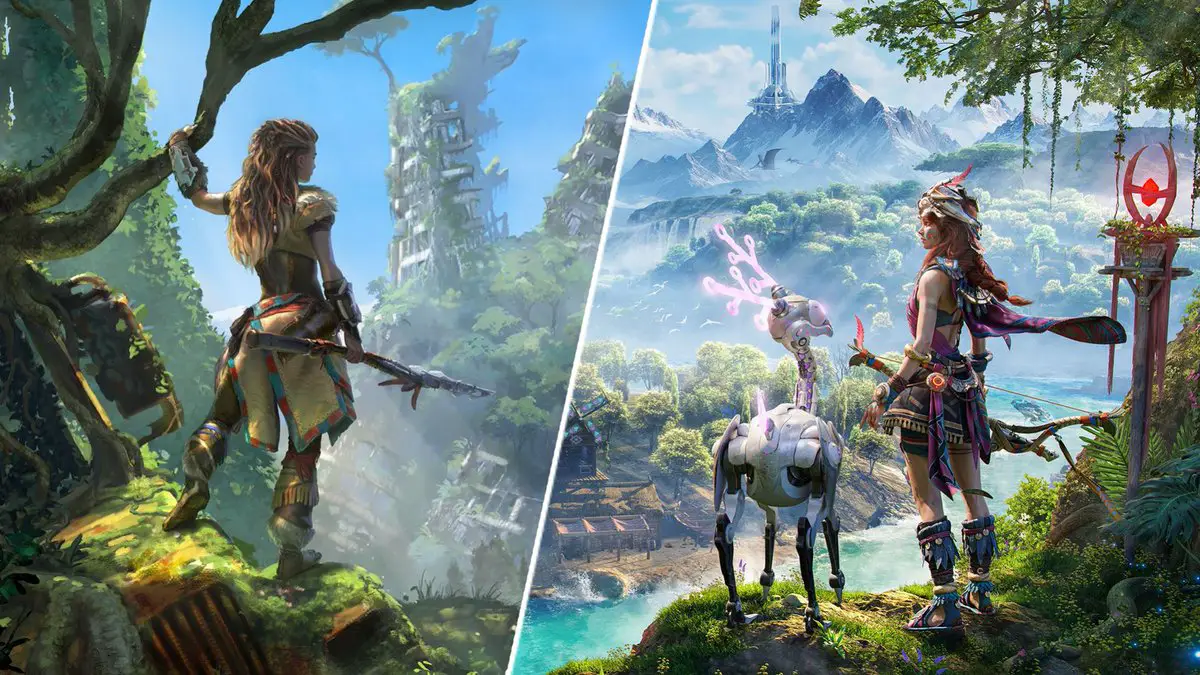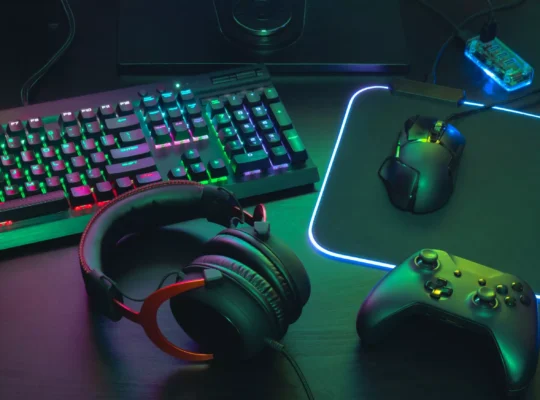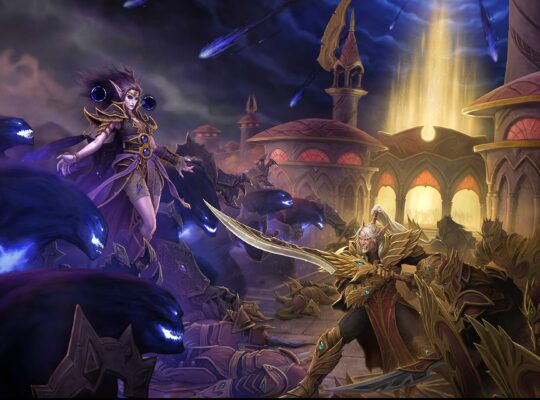Sony Interactive Entertainment has filed a lawsuit against Tencent, alleging that the upcoming game Light of Motiram is a close imitation of its hit Horizon series. The complaint, lodged in the Northern District of California on July 25, 2025, accuses Tencent of infringing on both copyright and trademark, describing the title as a “slavish clone.”
Details of the Legal Claims
Sony asserts that Light of Motiram mirrors Horizon’s distinctive elements across multiple dimensions. The studio cites near-identical aesthetics, including mechanical beasts, specific costume and helmet designs, tribal environments, landscape motifs, color palettes, font usage, and overall art direction. According to the filing, these similarities go beyond generic inspiration and verge on deliberate copying.

The lawsuit references a prior proposal from Tencent’s Aurora Studios submitted during the 2024 Game Developers Conference. Tencent reportedly approached Sony with a plan to co-develop a Horizon spin-off for mobile featuring Eastern-themed art and multiplayer features. Sony declined, and Tencent allegedly proceeded to develop Light of Motiram independently.
What Sony Is Asking For
Sony is seeking an injunction to block the release of the game, monetary damages of up to $150,000 for each infringed work in the Horizon portfolio, and destruction of infringing marketing materials. The legal motion argues that Tencent’s actions are likely to cause consumer confusion, potentially misleading players into thinking Light of Motiram is an official Horizon product.

Public Reaction and Industry Debate
Since the trailer debuted, the gaming community has strongly criticized Tencent’s resemblance to Horizon. Many viewers described the game’s presentation as almost indistinguishable, prompting speculation that it might invite legal repercussions. Some industry figures have echoed these concerns.
Broader Implications
This legal move underscores ongoing tensions in the industry over creative boundaries and intellectual property protection. As game visuals and mechanics become more complex and recognizable, the dispute raises critical questions about where inspiration ends and infringement begins.
Tencent has not issued a public response to the lawsuit. As proceedings continue, the case could set precedent for how subtle—or overt—games can borrow from established franchises without legal risk.












